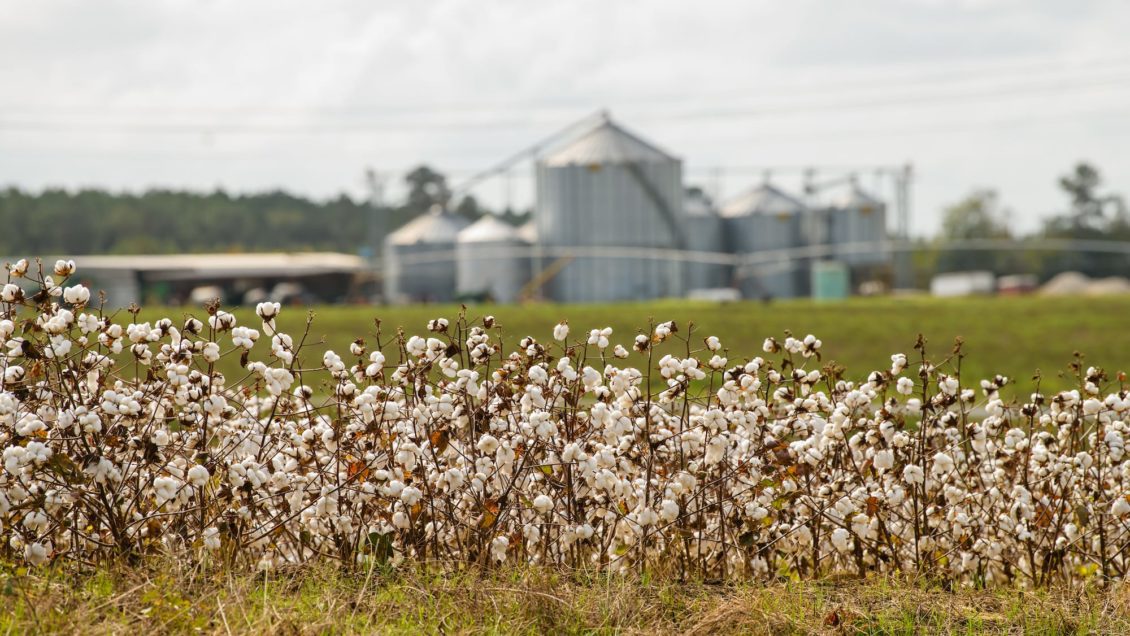South Carolina cotton farmers will receive the latest updates on the state’s successful fight against the boll weevil Wednesday, March 15, in Cayce, S.C.
The meeting will include updates from the S.C. Boll Weevil Eradication Foundation, the Southeastern Boll Weevil Eradication Program and Clemson University Extension, research and regulatory programs.
The meeting will begin at 10 a.m. at the Farm Bureau Office located at 724 Knox Abbott Drive in Cayce. Registration is not required.
“The Boll Weevil Eradication Program is one of the most successful such efforts ever devised against an invasive agricultural pest. Cooperation among farmers and others in the cotton industry as well as researchers, regulatory officials and Extension professionals is key to that success,” said Steven Long, assistant director and state plant regulatory official in Clemson’s Department of Plant Industry. “We appreciate input from all who are involved in this extensive effort.”
Experts will provide brief reports of activities associated with the Boll Weevil Eradication program during the growing season. The board of directors will meet immediately following this meeting to discuss the South Carolina program budget, the 2023 assessment rate and the regional program expenses/progress and how they affect the state’s program.
For more information, contact the South Carolina Boll Weevil Eradication Foundation at plantindustry@clemson.edu, or (864) 646-2140.
The Boll Weevil Eradication Program, first organized more than 30 years ago, combined coordinated pesticide applications with baited traps to methodically fight the insect.
An early system of weevil traps was established wherever cotton is grown as an early warning system against highly mobile insects.
The last boll weevil caught in South Carolina appeared in 1997.
Re-infestation of the pest would be devastating to the economy. Cotton is the state’s most valuable field crop and routinely covers 300,000 acres.
“The vigilance of the Boll Weevil Eradication Program is essential to protecting our cotton industry,” Long said. “Regular input from farmers and industry helps defend against this devastating pest.”
Get in touch and we will connect you with the author or another expert.
Or email us at news@clemson.edu

